Italians, young, open, determined to live in our Country as citizens in their own right. The face of Italian Islam has changed, and it is represented by a young man from Bologna, Yassine Lafram, 32, elected a few days ago President of the Union of Italy’s Islamic Organizations and Communities (UCOII). He will carry out his office in conjunction with a woman, Nadia Bouzekri, 25, ex-President of the Association of Young Muslims in Italy, newly elected UCOII Vice-President. The members of his “staff” are well-known in interreligious environments, where figure the names of Nader Akkad, Imam of Trieste, and Kamel Layachi, Imam and youth and family counselor. The first act of the new executive was the organization of a press conference to present UCOII at the Chamber of Deputies, an evident sign of an Islam that feels at home in the seat of the Italian Parliament, and of a Muslim population that firmly believes in the values enshrined in the Constitution. “I am first of all an Italian citizen of Muslim faith”, Yassine Lafram promptly pointed out to SIR, highlighting the priority for this generation of Muslims 2.0, namely, to establish an Agreement with the Italian government “that recognizes, also for Muslims, the right to freely profess one’s religious faith and to worship it, as stipulated in the Italian Constitution.”
The Agreement. It represents the point of arrival of a long journey undertaken over the past years by the Organization represented by its former President Izzedine Elzir. A long-standing process (dating back to the 1990s), not without controversies or feelings of mistrust, but which in 2017 resulted in the signing of a “National Pact for Italian Islam” with the Government. In the Pact the various Muslim realities in the Country pledged to continue to counter any form of religious radicalism; to promote the training of Imams and religious leaders; to ensure utmost transparency in the management and documentation of funds, received from Italy or abroad. “I firmly intend to honour this commitment”, Lanfram said, assuring that all Islamic communities that are members of UCOII are ready to do so. In this respect, pointed out the UCOII President, the theory of the “fragmentation of Islamic communities and realities” whereby the Italian State has not yet stipulated an Agreement with Italian Islam owing to the lack of a unitary representative can be remedied. “Just as has been the case of Buddhists, that stipulated two Agreements for their respective representative bodies, the State could stipulate an Agreement with us. We’re ready.”

“The priorities” of the new UCOII executive are in line with the provisions enshrined in the Pact. At the beginning of the year UCOII presented a map listing 1251 places of worship that lie under its administration. Only five of these are mosques, the remaining places of worship are hangars and temporary building structures that highlight a problem of precariousness in Italy. And precariousness can entail risks in terms of transparency. The fight on radicalization of Islam in prisons, education and training of youths; accompaniment of families, guidelines for mosques and Imams are the areas where UCOII intends to continue focusing its efforts, because – said the president-elect –
“security is a priority for us too, as well as our own requirement.”
In Italy there are two million Muslims. The majority are families, while a million of them are new Italians. Lafram voiced his concerns over the climate of Islamophobia spreading across the Country. He defined it a “wave of fear and suspicion, expressions of hatred towards others and towards diversity.” He said he shares the stand of the President of the Union of Jewish Communities Noemi Di Segni, who in an address on the occasion of the 80th anniversary of the publication of the Manifesto of Race, denounced “the escalation of episodes of racial intolerance, hatred and dangerous radicalization, unfortunately fuelled and legitimized by representatives of public institutions”.
“Dialogue”, the antidote that heals the wounds of divisions. Dialogue with institutions is the motivation underlying UCOII’s request for a meeting with Interior Minister Matteo Salvini. A dialogue with the faith communities in Italy encompasses the hope of being soon received in audience by Pope Francis, since – Lafram pointed out – “he follows in the wake of dialogue with religious faiths, paving the way to encounter that promotes mutual understanding, tearing down barriers and walls.” In Italy this dialogue platform involves the Bishops’ Conference and Italian dioceses. Would you like to send a message to Catholics? “In fact I would like to send it both to Muslims and Catholics”, Lafram replied. “I want to tell them to overcome prejudices and mistrust. We have all matured this process within ourselves over the past years. But today we have an important task ahead of us, which our communities share: to make Italian society better than what it is today.”












